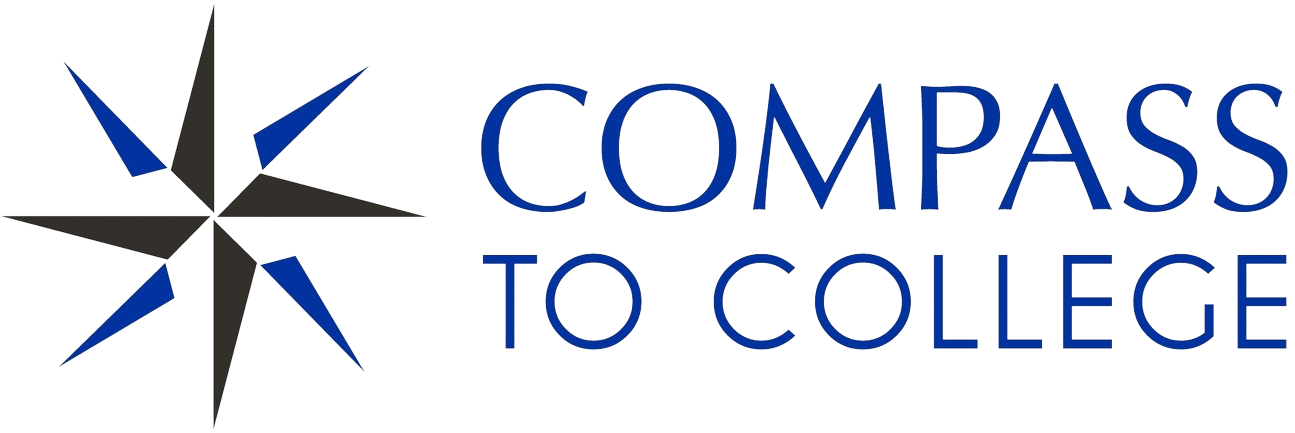Free or Low-Cost Summer Programs for High School Students
By Marci Reichelstein
This is the time of year for high school students to make exciting summer plans, especially for rising juniors and seniors. Highly selective colleges expect and truly care about how students spend their summers, aside from academic work and family trips. In fact, a number of top schools use one of their supplemental essays to ask about summer experiences. Powerful, creative summer programs reveal leadership and initiative that can help tip a student into a great college.
DO think locally. Many organizations in your own community—hospitals, non-profits, charities, etc.— are in need of help. You may be able to extend your work into the school year, which shows colleges your dedication and commitment.
DO consider volunteer work. It is often much easier to arrange “volunteer hours” than a formal internship, as many places have strict guidelines for teen interns.
DO demonstrate real commitment. Aim to volunteer or work between 100-200 hours over the summer. Colleges aren’t likely to be impressed by a handful of hours. They want to see deep engagement and true dedication.
DO seek out leadership roles. Leadership can come through being an officer in an organization, but you can also display creative leadership as a self-starter, inventor, or entrepreneur.
DON’T feel pressured to spend large amounts of money on expensive summer experiences. Plenty are free (or may even pay you!) and colleges think highly of students who seek out volunteer or paid work in their communities.
Teen journalism
Here are some examples of free or low-cost summer plans:
ACADEMIC
Train for an academic Olympiad:
Biology (USABO)
Chemistry (USNCO)
Informatics (USACO)
Physics (USPhO)
Prepare for or plan an entry for a math or science competition:
AMC/Mandelbrot math competitions
Junior Science and Humanities Symposia (JSHS)
Technology Student Association (TSA)
National Center for Women & Information Technology (NCWIT)
Local or country Science Fair (LISTINGS: http://physics.usc.edu/ScienceFairs/)
Fluor Engineering Challenge
BioGENEius Challenge
Regeneron
Learn something new:
Take the summer to gain a new skill or improve your current knowledge
Improve your core skills (writing, analysis, critical thinking, math)
Take free online courses or register for a class at a community college
Take a summer AP or Honors class to boost your GPA
Work on an independent research project:
Collaborate with a current teacher
Ask a professor to be your mentor
Become a university research assistant by reaching out to local university professors, post-docs, and grad students who may need help
COLLEGE/CAREER
Prepare for the SAT and/or ACT. Test prep options include:
Working one-on-one with a tutor
Attending a local group class
Utilizing free or inexpensive online tools such as those provided by the College Board, Khan Academy, Shmoop or Brightstorm
Get a Job.
Apply for paid positions, learn about real life, and show colleges your responsibility.
Local parks, schools, and summer camps all need teen employees. These may or may not be paid. Many summer camps have seniors as counselors, and underclassmen as counselors in training.
Take an Unpaid Position in a Field that Interests You.
Shadow a professional in a career you are interested in.
Volunteer for a presidential or local government campaign. Much of this work is done over the summer!
Intern for a local organization, company, or professional. Note that legal requirements for teen interns are strict, and internships may be difficult to secure.
Volunteer at a local youth camp!
SERVICE
Start a 501C3 Non-Profit; an organization that will serve your community (or mankind).
Example causes include:
Bullying
The environment
Domestic violence
Food insecurity/nutrition
Homelessness
Addiction
Mental health
Access to quality education
Juvenile justice
Immigration/DACA/Dreamers
— Decide on a mission and determine your financial and labor needs.
— Recruit others and seek out grants/funding.
— Plan short/long term goals and pursue them, ideally beyond summer.
Create a Documentary Film
Choose a topic close to your heart that you want to raise awareness about
Research and plan your script
Interview academics, government officials/politicians and other experts
Approach this as a research project with a visual product
Expand and Deepen your School-Year Service Commitments
Devote additional hours to volunteer work you’ve begun during the previous school years
Start your own chapter of a volunteer organization you belong to
PERSONAL INTEREST
Create! Build something from the ground up. Examples of things you could build include:
Apps
Robots
Games
Products
Businesses
Backyard roller coasters
Anything else you can think of!
Write to improve your skills and create a creative portfolio. Writing projects could include:
Novels and/or novel series
How-to guides
Plays, Screenplays (especially if you may apply to film school)
Poetry
Curriculum for an after-school program on topic that fascinates you.
Volunteer for or work at a local newspaper
Volunteer at a local literacy non-profit
Plan an alternative or issue-focused publication for your school or community
Enter writing contests
Learn a new musical instrument
The more competitive a college is, the more they will expect applicants to use their summers meaningfully. Luckily, you have many different avenues you can explore in your local community. These summer experiences—whether academic, career, or service-oriented—provide great opportunities for personal growth.
Whatever you decide to do this summer, remember that it should be an endeavor that is personally meaningful.


